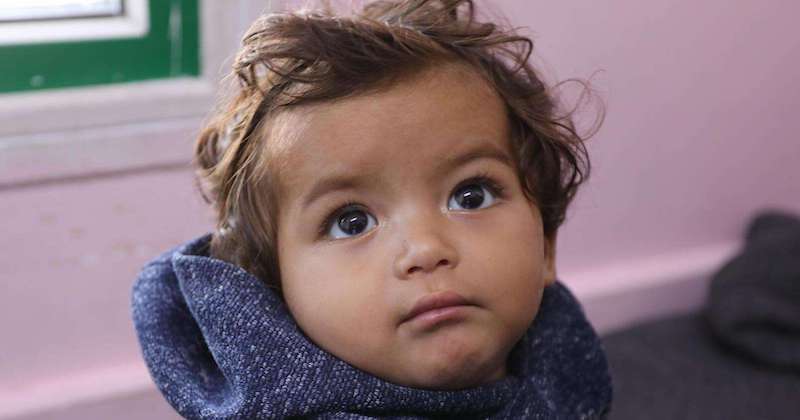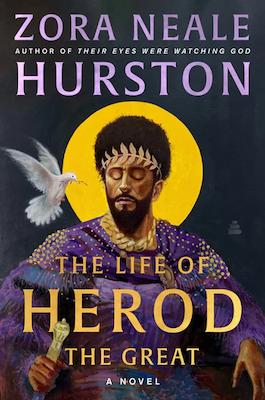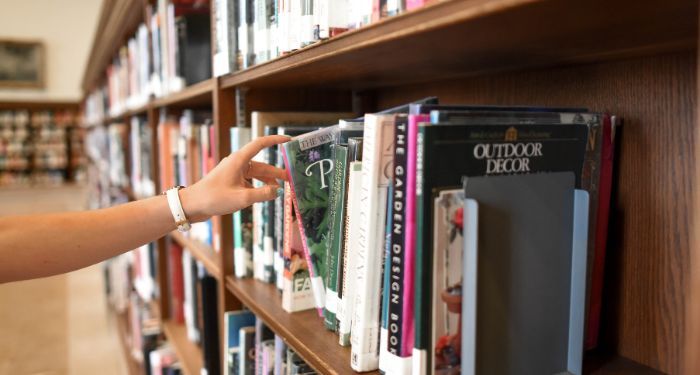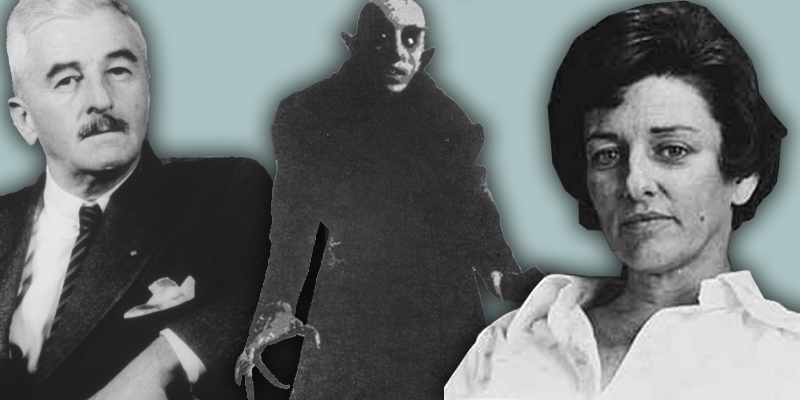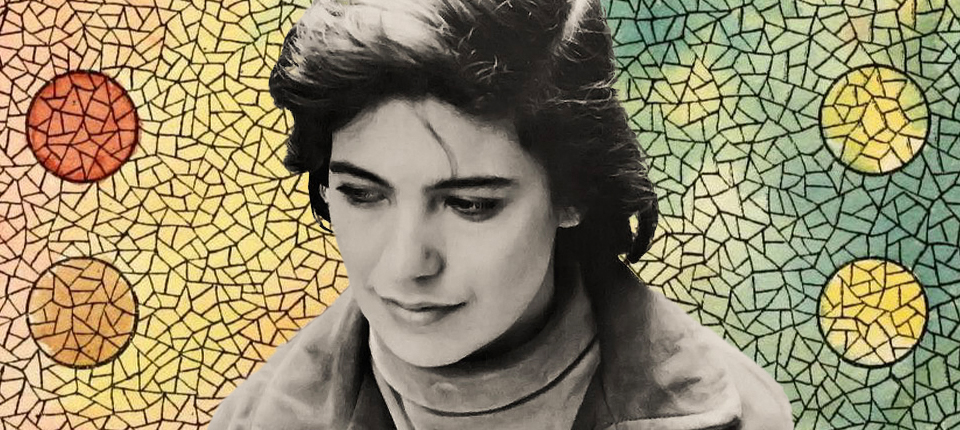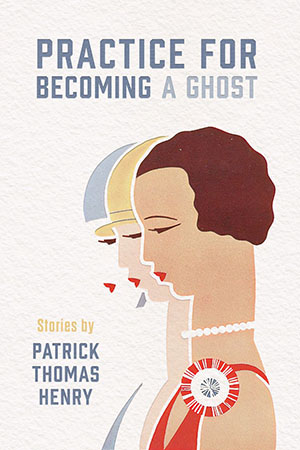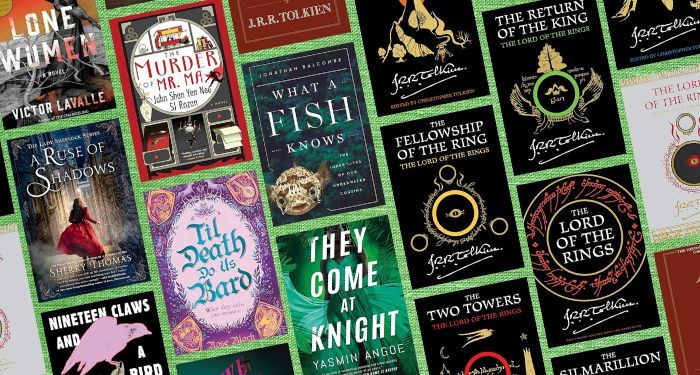I’ve been reading from outside of Phoenix, where there have been over 120 days of 100 degree temperatures as summer comes to a close. With Hurricane Helene devastating the Southeast and war spreading in the Middle East, the uncertainty about our collective futures—whether it is from climate change, the loss of loved ones, or displacement from our homes and homelands—is so present in the fifteen books on this list. Yet, there is also joy: beautiful meals, familial and romantic love, the power of finding one’s voice. Small presses expand the bounds of literature to create a diverse and more inclusive landscape that reminds us that even when it feels like things are falling apart, there is always room for hope.
Deep Vellum Press: The Potato Eaters by Farhad Pirbal, translated from the Kurdish by Alana Marie Levinson-Labrosse and Jiyar Homer
In this edition of collected stories from iconic Kurdish poet Farhad Pirbal—with a notable introduction from Porochista Khakpour—displacement and loss are central themes. A soldier who has misplaced his leg is confounded in his search for it by both the military’s bureaucracy and its disregard for human life; a young Kurdish man travels by train through Denmark to meet a woman from a personals ad, only to discover the very same woman was his older seatmate on the journey; in the title story, a famine-stricken town survives on potatoes alone, and when a wayward son returns home with riches of gold, he is treated as a stranger and with disdain, as no one can eat gold and the town has long abandoned currency in favor of trading in potato products. Pirbal’s stories speak with heartbreaking pain of having no recognizable home, his words offer a brutally necessary look into the consequences of war on the everyday lives of innocent people.
Susquehanna University Press: Practice for Becoming a Ghost by Patrick Thomas Henry
A third-grade teacher confiscates strangely prescient paper fortune-tellers from her students, while also consulting a psychic as she tries to reconcile the loss of her college boyfriend; a father watches helplessly as his daughters row off in a doomed boat to join their dead mother; and staff writers at a soon-to-be shuttered online publication transform into the birds detailed on the one of the site’s clickiest lists. Against a backdrop of lost love, the supernatural, and the seduction of the afterlife, Henry braids the triple strands of hope, hurt, and the things we just can not quite explain into sixteen fabulist stories. A commentary on both the emotional emptiness of modern life and the richness of inner emotional lives, Practice for Becoming a Ghost contemplates what we are doing in this life—and what might be waiting beyond.
Dzanc Books: Before the Mango Ripens by Afabwaje Kurian
Jummai and Zanya are young Nigerians living in the small town of Rabata. It is 1970, and a decade earlier Nigeria gained independence from Britain, but the country is reeling from a three-year civil war—and Rabata is still run by missionaries. Jummai works in the home of a missionary couple, but dreams of opening a small café; Zanya is employed by the church as a translator and foreman, but hopes to become a pastor. As the nation increasingly rejects colonialist powers, tension builds between residents of Rabata and the missionaries. Both Jummai and Zanya harbor personal secrets, but as they guard their own stories, the pasts and hypocrisies of the missionaries begin to surface. Before the Mango Ripens is a novel that questions power structures and belonging.
Santa Fe Writers Project: Us, After by Rachel Zimmerman
On the surface, Rachel Zimmerman and her husband Seth are a quintessential Cambridge power couple. She, a respected journalist. He, a robotics professor at MIT. Between them, two thriving daughters. When a Massachusetts state trooper appeared at Zimmerman’s door to report Seth had been found dead after jumping off a nearby bridge, she knew her life will always be cleaved into the before and after. As suggested in the title, this memoir concerns the “after,” and how Zimmerman comes to understand her husband’s mental illness and subsequent suicide. Zimmerman interviews experts, taps the sources she cultivated as a health reporter, and even meets a man who jumped from the same bridge and survived, all while fiercely protecting her daughters from the turmoil the family has been plunged into. Us, After is powerful in Zimmerman’s search for answers, and profound in her acceptance that some things are unknowable.
University of Nevada Press: My Chicano Heart: New and Collected Stories of Love and Other Transgressions by Daniel Olivas
A man shaves his mustache in hopes that he will not be recognizable as the bad husband in his wife’s newest novel (it doesn’t work); Pilar goes on a journey through New Mexico after her lover dies; Nacho’s heart is in a literal box kept by his wife and he can’t convince her to give it back; a Catholic priest has impregnated a nun and believes God will forgive no matter what they decide; and La Diabla cruises Stanford parties hoping to get laid (it works). In these short stories, Olivas shows his range as a writer, and touches on icons from Frieda Kahlo to Joni Mitchell. At the center of this collection is the “love” from the title: love of indigenous culture, of the Chicano diaspora, of food and sex, of California, of blood family and chosen. Even the most serious stories are infused with joy.
Madrona Books: Delinquents and Other Escape Attempts by Nick Rees Gardner
A young writer is caught in the snare of opiates even after his friend overdoses; an ostentatious cowboy catches the eye of a woman whose boyfriend is struggling to stay sober; a man with a drinking problem works at a wine bar putting any attempt at sobriety—and his relationship—at risk. In the linked stories of Delinquents, the residents of Westinghouse, Ohio have two kinds of fate determined by their choice to get out, or stay. While Gardner’s characters experience the allures of getting high and forgetting the day-to-day for a few hours at the expense of the more devastating effects of active addiction, every story is ringed with the resonance of staying or going. Gardner writes with an empathy that elevates his characters above their insular town, their grievances, and their struggles with substances. Delinquents marks the arrival of a new talent.
Flexible Press: Without You Here by Jody Hobbs Hesler
27-year-old Noreen is a young, married mother who is now the same age as her beloved namesake aunt when the aunt committed suicide. Noreen was just a child of eight in 1980 when her aunt Noni died. 19 years later, on the cusp of the millennium, while caring for a daughter and managing a controlling husband, Noreen finds her thoughts returning to Noni. She was too young to understand how her aunt was spiraling out of control, but she understands now: Noreen sometimes feels her own grip on reality loosening—even as her husband’s grip tightens. As Noreen seeks to honor the memory of her aunt, she discovers she has more agency than she ever imagined possible. Written with deep empathy, Without You Here is a novel of matriarchs, family trauma, and the stigma of mental illness.
University of Nebraska Press: All Daughters Are Awesome Everywhere: Stories by DeMisty D. Bellinger
A connection made after a near miss between a car driver and a bicyclist catapults a violinist into an affair; and a woman makes a choice about hair that might just change her entire identity. In these stories, Bellinger explores female friendships, acquaintances that turn to sexual partners, the complicated dynamics of marriage and family, and the ways that we sometimes fail people we care about. These characters are just getting through the day, and for some others, they’re figuring out a critical next step.This is an intimate collection that illuminates how the mundane moments of life can become more significant than we realize, and sometimes even catastrophic. Compelling and relatable.
Forest Avenue Press: Trust Me by Scott Nadelson
Lewis is a Gen X father who has custody on the weekends but remains close with his daughter Skye. He’s moved nearly an hour away from Salem, Oregon to a wooded enclave with no cell service. Set the year Skye turns thirteen, the two are both fumbling their way through emotional and physical changes. They hunt for mushrooms, explore the river, and watch a lunar eclipse as they lay in the middle of the driveway. Told in alternating perspectives, Trust Me highlights the contrast between generations and the ways that bonds are forged despite those differences. Tender and emotionally honest.
Tin House: Misinterpretation by Ledia Xhoga
The unnamed protagonist in Misinterpretation is an immigrant, an interpreter, and a translator who is struggling with her identity as an Albanian living in New York City. She feels a strong connection with Alfred, a therapy translation client who survived torture in the Kosovar war in the late 1980s, and her work with him begins to go outside of the boundaries established by the translation agency. While her husband knows her history and understands how important her work is, his patience is also running thin as clients appear at their apartment door. He wants separation from her work in a way she cannot fathom. As they try to understand how, and if, their marriage will survive, she also must decide what she will—and will not—give up. Both powerful and nuanced.
Running Wild Press: All Her Loved Ones, Encoded by Michael Keefe
Just over 30 years into a climate-changed future, the California coast needs a seawall to hold back rising tides, and the residents rely on the desalination plant for fresh water. Kiana works at the plant, and it’s a good job, but her husband Javier is dying. They’ve already lost their daughter to a viral infection that is ravaging children, but they can still interact with her via her digital avatar. In this world, human consciousness can be uploaded virtually. . As Javier gets sicker, Kiana is desperate to upload his consciousness too, so they can exist as at least a digital family. But to do so, she has to face an increasingly restrictive government that has made it illegal for regular people to access the necessary hardware and connectivity. Against a backdrop of androids, authoritarians, and a serial killer on the loose, Keefe offers a riveting story that both nods to the past and centers humanity in an uncertain future. A stunning book about love and grief.
Red Hen Press: Blood on the Brain by Esinam Bediako
Akosua is a graduate student torn between two men: her ex-boyfriend, a medical student, and a coworker in the student housing office. The first is her recent ex-boyfriend, a medical student; the other is her coworker in the student housing office.Akosua is floundering at university, and when she falls in the shower and hits her head, the tenuous grip she has on her life unravels. Blood on the Brain perfectly encapsulates the pressure-cooker environment of elite colleges and the turmoil of life in your twenties. The stakes are high for Akosua and she has too much to lose.
Transit Books: Speak / Stop by Noémi Lefebvre translated from the French by Sophie Lewis
Speak / Stop is comprised of two eponymous sections. In “Speak,” made up entirely of a collective dialogue, voices are in a back and forth conversation that returns to the same refrain: “Who reads Marx, except for the Marxists,”—or Proust, Rousseau, Deleuze, Foucault, Flaubert. For as much as “Speak” suggests a circular insularity, “Stop” is an expansive critical essay of “Speak.” Lefebvre discusses what “Speak” is not: it is not a novel, a poem, a film, nor radio play. In the dissection of her own work, she shows her range as a feminist thinker. What is striking about Speak / Stop is for all its inherent intellectualism, the text avoids being overwrought. It is thoughtful and even at times playful and wholly unique.
Kernpunkt Press: Screaming at the Window by RJ Dent
In the late 1800s, Blanche Monnier, daughter of a French aristocrat and an academic, was imprisoned in her family home, locked in a room on an upper floor and constantly monitored. Her rich family rationed her food and kept her in social isolation until 1901, when an anonymous source alerted authorities to Blanche’s 25 year confinement. In Screaming at the Window, RJ Dent recounts this true story, exploring the lengths some families will go to in order to keep their social standing: Blanche’s affront to her family was falling in love with an older man of a different economic class. While this story was covered heavily in the French press at the time, Dent brings a contemporary perspective to readers of English—and in telling her story, Dent surfaces Monnier’s agency.
Hub City Press: Come By Here by Neesha Powell-Ingabire
In this memoir-in-essays, journalist Powell-Ingabire reflects on what it means to be from Georgia’s Geechee Coast, and in particular Brunswick, a town made infamous after the brutal murder of Ahmaud Arbery. Balancing both careful research and her own personal experiences, Powell writes about returning home after moving away (first Seattle, then Atlanta) and she explores how this region has been shaped indelibly by systematic racism and by organized and cultural resistance. Powell-Ingabire also examines her relationship to her family: her protective grandmother, her hard-edged mother, her siblings, and the mental health struggles in the family that no one has the language to discuss. Thoughtful and compelling.







































